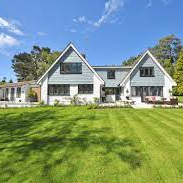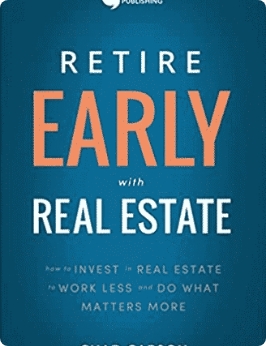You may wonder if you can really afford to buy a home. The answer depends on your ability to save.
You can’t suddenly save a large chunk of your earnings just like that. First, you need to do a realistic analysis of your monthly expenses. If you can’t pay your house rent, you won’t be able to find even more money to pay your mortgage. Thus, getting a clear view of your financial status and expenditures like utility bills, credit card expenses, house rent and others is essential. According to our observations, if a rental apartment’s utilities cost you $250, in a mortgaged house they may cost upwards of $400, or 30% more. So it is vital to plan accordingly.
How much down payment is required when purchasing a new property? The standard amount is 20% of the total. This is not 100% correct, though it can keep you away from taking out Private Mortgage Insurance (PMI). The purpose of PMI is to protect you if you fail to fulfill the mortgage terms. However, you can buy a house with a down payment as low as 3% if you have mortgage insurance. It all depends on clear knowledge of what you can afford and your saving capacity.
Get to know the rates of the neighboring properties where you might own a home in the future. For example, if you plan to buy a house that costs $400,000, while the affordable mortgage payment is $1,500 per month, you will need to pay at least a $40,000 down payment. In a nutshell, the more down payment you pay, the less you will have to borrow. And it will ultimately lower your interest costs. Don’t forget to count other property purchase expenses like broker charges, taxes, etc.
Pay Your Existing Debts
It would be a bad idea to add more debt if you already have enough on your plate. That’s why we suggest paying down your existing debts first. Reducing your debts as much as possible will minimize your annual interest. If you can reduce your debts by $1,000, your interest will ultimately drop by at least $100.
The best way to pay off debts is to pay them in ascending order, starting with the one with the smallest balance. In the meantime, don’t forget to pay the minimum amount for all credit cards. It helps if you continue doing it until a single card clears all your debts. This strategy of paying smaller debts and accumulating them in a single credit card is called a “debt snowball.”
Find Ways to Cut Expenses
If you need to cut down on expenses, you will have to change your spending habits. You might not realize it, but you can save a lot of money if you keep a close eye on your daily expenses. Soft drinks might not cost a lot but every penny counts when you are committing to buying a house. Stop spending money on extras like lottery tickets, cigarettes and junk food. This can be difficult, but reducing extra expenses can bring you closer to your dream home.
Save money by cooking your meals at home and eating the leftovers for lunch. Don’t go grocery shopping unless you have a list of things you need for next week’s meals. Don’t let yourself overpay for unnecessary things that charm you at a grocery store. Justify the need before buying something.
Electricity bills can take a massive bite out of your earnings. You can save money by unplugging appliances. Replacing everyday electrical appliances with energy-saving items and light sources is also a good idea. Similarly, saving water can save money – use less water while showering, and turn off the tap while brushing your teeth.
Automatic Money-Saving Tip
Automatic bank withdrawal on your payday is a tip that can save you a lot of money. Just check with your bank if they offer a money-saving plan, so that they can withdraw an amount every time you get your salary and put it in a special account. Even if the amount is only $30, it can accumulate quickly.
Some banks help their customers by mustering up the purchases and settling the difference in their savings accounts. This trick can help you save money for a new home without even realizing that you are doing so.
You could consider an amount higher than your current home rent as a mortgage installment. Then you subtract your rent and keep the rest of the money in a savings account. This will help you analyze whether you can afford the cost of buying a home and accumulate a lot of money toward it.
Saving a significant sum for a new home may sound challenging. However, it can be done. Just a few simple steps can speed up the expansion of your savings. Moreover, all these hardships will result in you tasting sweet fruit, in the form of a new home in the future. So start saving wholeheartedly – it will be worth it.
Contact Information:
Email: [email protected]
Phone: 9515552345













